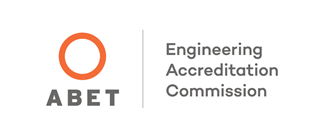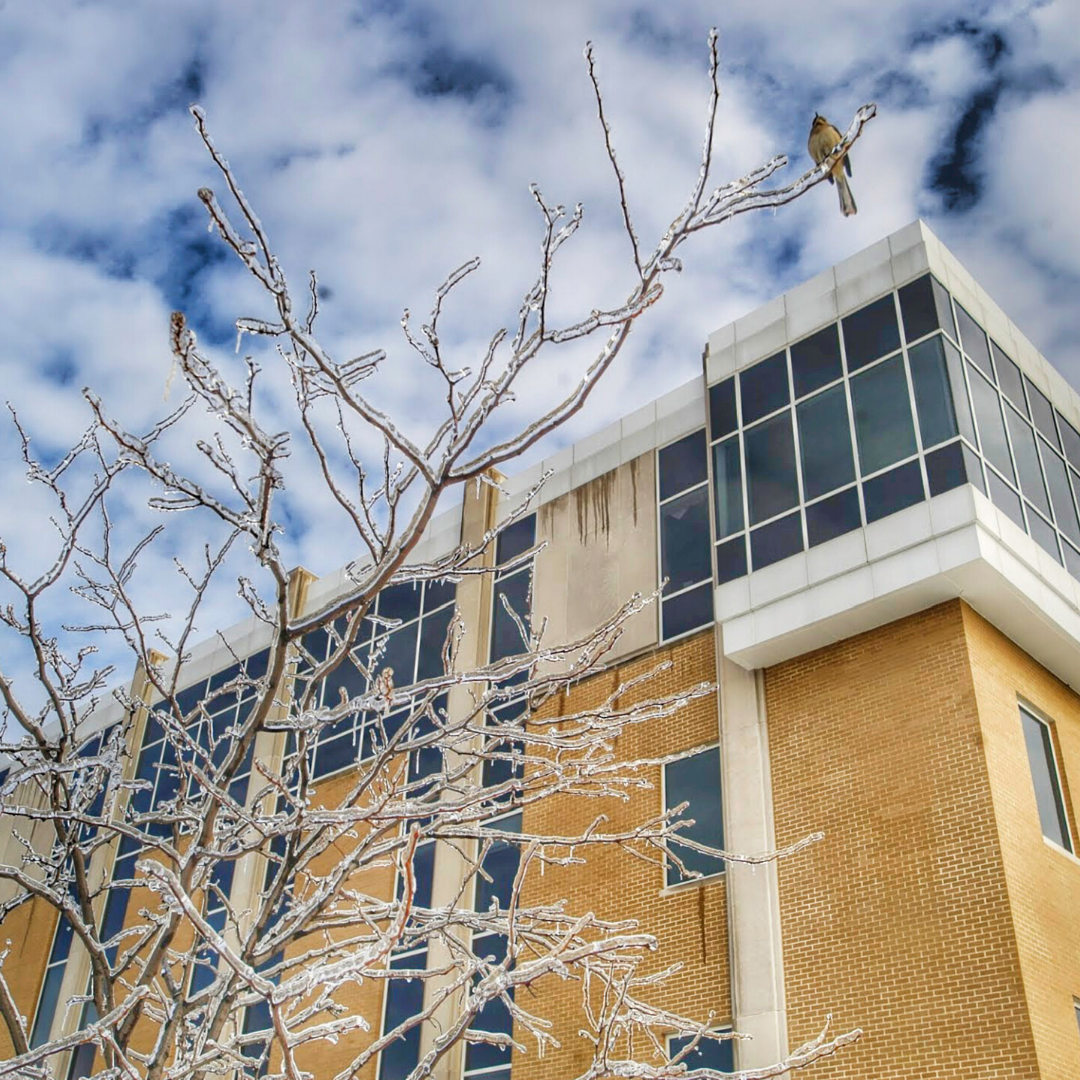Bachelor of Science in Electrical Engineering - Degree Completion
Currently Accepting Applications!
Start Class 01/09/23
Apply Now!
Program Overview
Offered by the Pott College of Science, Engineering and Education at USI, the 100% online Bachelor of Science in Electrical Engineering - Degree Completion (BSEE) program is geared toward working adults who already hold an associates or bachelors degree in a technology-related field, and wish to extend their education to an ABET-accredited engineering degree.
Prepare yourself for a profession in the design and development of electrical circuits, power and control systems, electronic components, computer architecture and embedded software. Your education makes you employable in virtually any industry, including utilities, manufacturing, automotive, health care, defense systems, and telecommunications.
Tuition and Fees
Get Started Now!
Career Outlook
Earning your BS in Electrical Engineering from USI will open doors to opportunities such as:
 The Bachelor of Science in Electrical Engineering (BSEE) program is Accredited by the Engineering Accreditation Commission (EAC) of ABET, http://www.abet.org.
The Bachelor of Science in Electrical Engineering (BSEE) program is Accredited by the Engineering Accreditation Commission (EAC) of ABET, http://www.abet.org.
Are you an adult over the age of 25 living in Indiana, interested in pursuing higher education? You may qualify for up to $2,000 with the Adult Student Grant offered by the state! See below to read more on how you can utilize this grant in our BSEE program, or visit the website directly.
Students have a number of items that may be required for admission to the university.
- In evaluating applications for transfer admission, academic performance at each college attended is considered.
- If the applicant has less than 24 transferable hours, they will also be required to submit final high school transcripts and may also be required to submit either the SAT or ACT exam scores.
- *Students age 21+ are not required to submit SAT or ACT exam scores.
- Official transcripts from any and all previously attended post-secondary institutions must be submitted for review. Transfer applicants should have a minimum cumulative average of 2.0 on a 4.0 scale.
Courses within the BSEE Program are offered entirely online using a learning management system. Access to a reliable computer with internet access is required.
The USI BSEE Student Outcomes align with the ABET General Criterion 3 "1 through 7," as shown below:
- An ability to identify, formulate, and solve complex engineering problems by applying principles of engineering, science, and mathematics.
- An ability to apply engineering design to produce solutions that meet specified needs with consideration of public health, safety, and welfare, as well as global, cultural, social, environmental, and economic factors.
- An ability to communicate effectively with a range of audiences.
- An ability to recognize ethical and professional responsibilities in engineering situations and make informed judgments, which must consider the impact of engineering solutions in global, economics, environmental, and societal contexts.
- An ability to function effectively on a team whose members together provide leadership, create a collaborative and inclusive environment, establish goals, plan tasks, and meet objectives.
- An ability to develop and conduct appropriate experimentation, analyze and interpret data, and use engineering judgment to draw conclusions.
- An ability to acquire and apply new knowledge as needed, using appropriate learning strategies.
Your education is the faculty’s prime focus. They themselves (never grad students) instruct you in the classroom and laboratory. Many bring years of industry experience, supporting your grasp of theory with practical insights. Class size is typically 24 students, and smaller as you advance in your studies. A 16:1 student-faculty ratio and open-door policy make it easy for you to consult your instructors when you need.
In 2016, the College won funding for an advanced engineering challenge: to design, test, deploy and monitor a satellite for NASA. A team of engineering students developed the UNITE CubeSat over the span of about 30 months. Work conformed to NASA criteria, which included more than 100 tests of hardware and systems. NASA launched UNITE on a Space-X rocket in December 2018 and it was deployed from the International Space Station in January 2019. The satellite relays information on location, temperature and plasma and will do so until reentry into the atmosphere terminates its mission. In May it reached a milestone—over 100 orbits.
Project UNITE represents one of the varied extracurricular avenues for practical experience in engineering outside the classroom.
Program Curriculum
7 to 9 credit hours worth of courses are offered in the spring, fall, and summer semesters. The program is designed for degree completion in 5.5 years if all courses are taken in all three semesters every year, with the possibility to rejoin subsequent cohorts if a semester is taken off. The laboratory experience will include a combination of software simulations and hardware lab kits.
Students should have a minimum math proficiency level needed to begin the pre-calculus course (USI MATH 118). All past experience and learning will be analyzed to determine if any additional courses are needed for completion.
Tentative Schedule of 5.5 Years
Course Number and Title |
Credit Hours |
Semester |
|
MATH 118: Pre-calculus |
6 Credits | Spring 2023 |
|
CHEM 261: General Chemistry |
7 Credits | Summer 2023 |
|
MATH 230: Calculus I |
7 Credits | Fall 2023 |
|
MATH 235: Calculus II |
6 Credits | Spring 2024 |
|
ENGR 291: Experimental Design and Technical Writing |
5 Credits | Summer 2024 |
|
PHYS 205: Physics I (calc-based) |
9 Credits | Fall 2024 |
|
PHYS 206: Physics II (calc-based) |
8 Credits | Spring 2025 |
|
ECE 347: Microcomputer Engineering |
7 Credits | Summer 2025 |
|
ECE 255: Electrical Circuits |
7 Credits | Fall 2025 |
|
ECE 343: Electronic Devices |
8 Credits | Spring 2026 |
|
ECE 445: Signals and Systems |
7 Credits | Summer 2026 |
|
ECE 311: Electromagnetics |
7 Credits | Fall 2026 |
|
MATH 362: Linear Algebra |
6 Credits | Spring 2027 |
|
ECE 453: Elec Communications (ECE-EL-2) |
7 Credits | Summer 2027 |
|
ECE 443: Control Systems (ECE-EL-3) |
6 Credits | Fall 2027 |
|
ENGR 491: Senior Design |
6 Credits | Spring 2028 |
|
TOTAL ENGR/SCI HOURS |
109 Credits |
Program Calendar
| Course Start | Application Deadline | Document Deadline | Registration Deadline |
| 01/09/23 | 11/30/22 | 12/16/22 | 01/06/23 |
| 05/15/23 | 04/14/23 | 04/21/23 | 05/12/23 |
| 08/21/23 | 07/24/23 | 07/31/23 | 08/18/23 |





Dr. Paul Kuban
Program Chair
